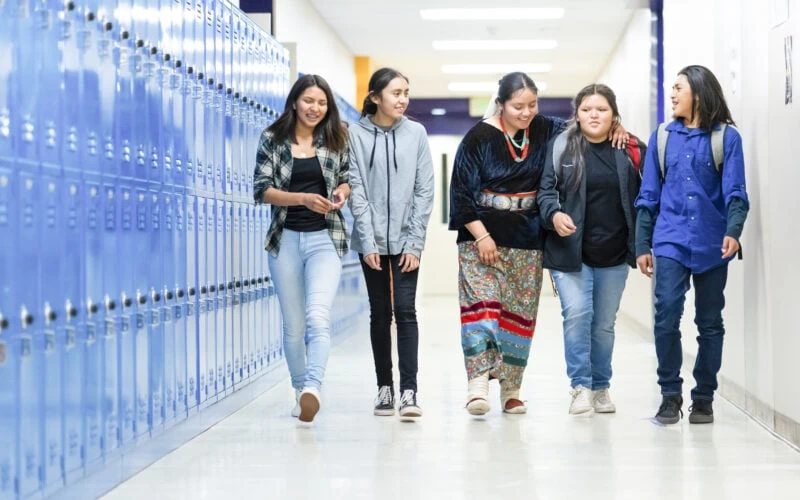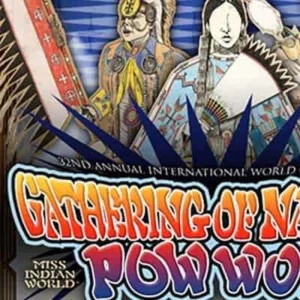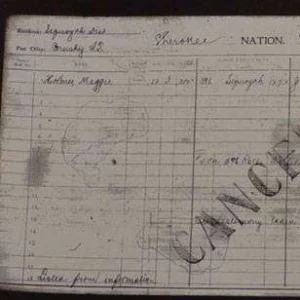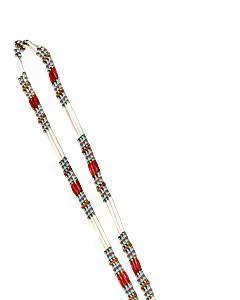Recent Hollywood hits like Oppenheimer, Barbie, and Marvel movies create worlds where many see themselves and can relate to the characters and storyline.
However, the problem with modern media and movies, is that indigenous people are always left out of the story. We are somehow stuck in a monolithic storyline that is outdated, often depicts offensive, and unrealistic. They perceive indigenous people as mystical or foolish and rarely create characters with depth, humor, and diverse.
Unfortunately, the media perpetuates false narratives that impact other areas of such as sports, education, and medicine.
The media has controlled the narrative for too long and we still struggle to gain some representation. The media shapes how we see ourselves and how others ultimately understand us. We are not mascots, over-sexualized Halloween costumes, or some outdated characters from the 1800s.
When Anti-Native hate is normalized, positive representation becomes much more difficult. We are vital members of society who should be properly represented in all media outlets. Unfortunately, representation is lacking, and indigenous storylines are severely whitewashed or distorted.
Popular films and TV shows have profited from Indigenous people without taking accountability for the harm they caused to our communities. Inaccurate representation manipulated the media, and fueled discrimination and violence against native people. Storylines are often written from the perspective of non-native people who are seen as powerful and dominant in the media. Movies like Dances With Wolves, Squanto, and The Lone Ranger, depict Indigenous people as incapable beings who need a white savior. This recurring theme known as The White Savior Complex, can be seen in various movies and TV shows. It has also been responsible for systemic discrimination and shaping misconceptions about Native people in society.
The constant invisibility and stereotypes, perpetuate social misconceptions that are hurtful to Native people. We rarely get to see indigenous people in roles that mirror contemporary life. Social representation creates a world of possibilities for Native youth who already struggle with depression and isolation.
Representation shapes, provide context and helps others understand you. Positive reinforcement in society and social media, places a certain value on people – either directly or indirectly, especially in today’s society. Social media messages or representations reflect our shared ideas, beliefs, and understanding of a subject, people, or culture.
Only recently have Indigenous people seen an increase in TV shows, movies, or actors with storylines that resonate within the native community. Shows like Reservation Dogs, Dark Winds, and Rutherford Falls showcase the amount of talent that is often overlooked by mainstream media. These shows are unapologetically indigenous where native humor, family, and community ties are interwoven within vibrant storylines.
We have taken control of the narrative and continue to push for positive media portrayals – especially, since it has such a huge psychological impact.
Representation within the Native American community will continue to be a struggle and continue to change as society changes.
We need to be included in conversations that present Indigenous people and culture. We have a responsibility to ourselves and our communities to present the best part of ourselves and not be diminished by stereotypes.
For further reading on this topic, check out Native Narratives: The Representation of Native Americans in Public Broadcasting by American Archive, Indigenous Representation Is Still Scarce In Hollywood: We Need More Native Stories by Crystal Echo Hawk, and Native Americans: Negative Impacts of media portrayals, stereotypes by The Journalist’s Resources.



